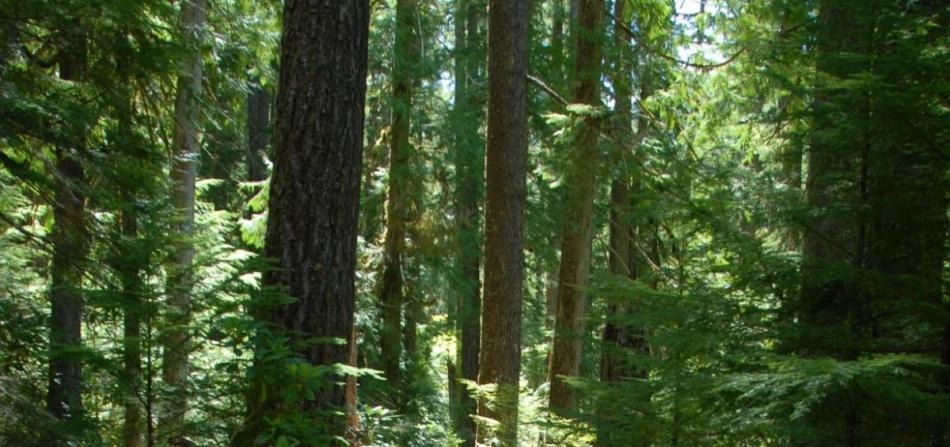Dec 10 2019
A research performed by scientists at Oregon State University has identified forests in the western United States that must be preserved for their capability to alleviate climate change through carbon sequestration, as well as to improve biodiversity.
 Image Credit: Oregon State University.
Image Credit: Oregon State University.
Those forests are mostly along the Pacific coast and in the Cascade Range, with patches of them also located in the northern Rocky Mountains. Not carrying out logging activities in those forests would be the carbon dioxide equivalent of stopping eight years’ worth of fossil fuel burning in the western lower 48, the researchers learned, observing that making land stewardship a higher societal priority is vital for changing climate change trajectory.
The research findings, reported in Ecological Applications, are crucial since capping global temperature increases at 1.5 °C above pre-industrial levels, as mandated by the 2016 Paris Agreement, would maintain considerable proportions of ecosystems while also profiting economies and human health, researchers say.
The greater frequency and intensity of extreme events such as wildfires have adversely affected terrestrial ecosystems. Although climate change is impacting forests in many regions, other regions are expected to have low vulnerability to fires, insects, and drought in the future.
Beverly Law, Study Co-Author and Professor of Forest Ecosystems and Society, OSU College of Forestry
Law, Oregon State forestry professor William Ripple, postdoctoral research associate Polly Buotte, and Logan Berner of EcoSpatial Services investigated forests in the western United States to replicate possible carbon sequestration through the 21st century.
The five-year study backed by the U.S. Department of Agriculture’s National Institute of Food and Agriculture recognized, and targeted for preservation, forests with high carbon sequestration capability, high biodiversity value, and low vulnerability to fire, drought, and beetles.
The Earth has already warmed by 1 °C mainly due to the burning of fossil fuels, which discharges the greenhouse gas carbon dioxide into the atmosphere. Arctic sea ice is decreasing at the fastest rate in 1,500 years, sea levels have increased over 8 inches since 1880, and drastic weather events are becoming more prevalent and detrimental.
Since the beginning of the Industrial Age, atmospheric CO2 has grown to 40%. The National Atmospheric and Oceanic Administration’s Global Monitoring Division reports that the global average atmospheric carbon dioxide concentration on January 1st, 2019, was 410 parts per million, which is higher than at any period in at least 800,000 years.
Smart land management can mitigate the effects of climate-induced ecosystem changes to biodiversity and watersheds, which influence ecosystem services that play a key role in human well-being.
Polly Buotte, Study Corresponding Author and Postdoctoral Research Associate, OSU College of Forestry
Conserving temperate forests in the western United States that have medium to high potential for carbon sequestration and low future climate vulnerability could make up for about one-third of the global climate change mitigation potential identified earlier for boreal and temperate forests, the researchers say.
At the same time, it would promote ecosystem resilience and maintenance of biodiversity. We are in the midst of a climate crisis and a biodiversity crisis. Preserving these forests is one of the greatest things we can do in our region of North America to help on both fronts.
Beverly Law, Study Co-Author and Professor of Forest Ecosystems and Society, OSU College of Forestry